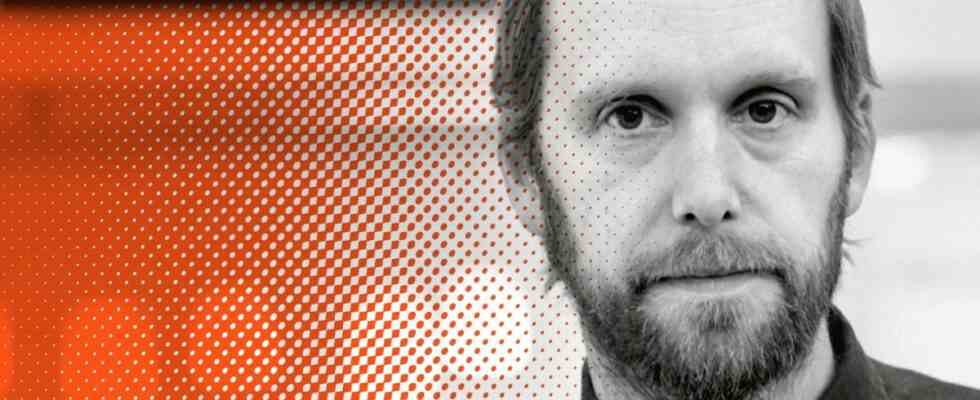The writer Heinz Helle, born in Munich in 1978, has two children, which could definitely play a role in this context. In his forthcoming forth novel “Wellen” he deals with masculinity and fatherhood in literary terms.
SZ: What are you reading right now?
Heinz Helle: I read during the day “The Gathering” by Natasha Brown, about a British woman of Jamaican origin who works in the London financial industry. It’s a beautiful, painful book. The fragmentary form and the clear language are beautiful. The experiences of the narrator are painful. I think I’m learning a lot from this book. In the evening I read “The Demons” by Dostoyevsky for the third time. And I’m amazed at how relevant this novel remains. There are murderers and troublemakers spreading mysterious letters (“X” and “Z”); there are social romantics who perish because of their tolerance (especially towards themselves); and there are radicals with no beliefs or agenda who network across entire continents with the goal of spreading discontent and, most importantly, disbelief.
If you could wish for a book that doesn’t exist yet, what would it be?
I would like a book in which everyone is always in a good mood, full, healthy and safe, and which is still not totally boring. But because such a book is hardly possible in our world, this wish probably actually refers to reality.
What character from a novel or book do you keep coming back to?
Alyosha Karamazov and how he solves the theodiezee problem: with a kiss.
A book that is important to you but most others have never heard of?
“end zone” by Don DeLillo. It combines philosophy of language, American football and nuclear deterrence in the solitude of a Texas college. A highlight of the novel is the scene in which a spontaneous football game is described on the campus, which was almost deserted over Christmas: without sportswear, without spectators, without referees, but with increasingly tougher rules that change after each play in the snow that is falling more and more. The day after, the narrator falls ill and gets a high fever.
Which authors, novelists, playwrights, directors, critics, scientists, poets do you admire at the moment?
The director Nele Jahnke, who has been making artists with disabilities visible for many years, most recently also on the stage of the Munich Kammerspiele. And the authors Dorothee Elmiger, Matthias Nawrat, Maggie Nelson, Jakob Nolte, Julia Weber and Levin Westermann, from whom I learn every day how it might work, with writing or life. Or both.
How many more novels does humanity need?
Many many. I believe that novels or longer narratives play an important role in our understanding of the present and our own place in the world. In this respect, I wish for at least as long as there are always new novels, as there is mankind. Which I think will be a very, very long time.
What do you think is the undulating aspect of fatherhood?
How anger, love, doubt or gratitude slowly builds up in me, rolls over me, and then withdraws. How I think after each of those waves I’ve learned something and next time I’ll be in control. And then how it all starts all over again.
Writer Rachel Cusk writes of motherhood: “It’s as if I bought something extremely expensive that I wished badly in the store and now, here in my living room, I face with fading courage.” your association?
The feeling of withering courage sounds familiar to me. Especially with regard to my self-image and human image, towards deep, unspoken beliefs that suddenly no longer seem so absolute in certain situations.
Read more episodes of the interview column here.

